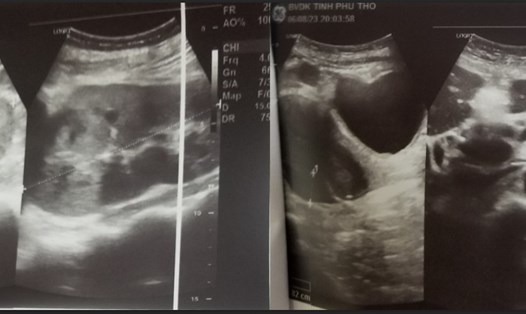According to Dr Ronak Tate, Consultant Gastroenterologist, Fortis Hiranandani Hospital, Vashi, Navi Mumbai (India), digestive health problems like irritable bowel syndrome (IBS) and inflammatory bowel disease (IBD) are often misunderstood or used interchangeably. However, they are distinct conditions with their own causes, symptoms, and treatments. IBS is a functional disorder that affects the functioning of the digestive system, while IBD is a chronic inflammatory condition that can damage the digestive tract.
Key Differences Between IBS and IBD
Causes and pathological mechanisms
IBS: Is a functional disorder of the intestines, without inflammation or tissue damage. The main cause is related to disturbances in bowel movements, which can be due to stress, diet or changes in gut bacteria.
IBD: An autoimmune disease in which the body's immune system mistakenly attacks the lining of the intestines, causing chronic inflammation and tissue damage. Common types of IBD are Crohn's disease and ulcerative colitis.
Inflammation and tissue damage
IBS: There is no inflammation or damage to the intestinal tissue. The intestines still function normally, there is just a change in function.
IBD: Causes inflammation and can lead to damage to intestinal tissue, ulcers, bleeding, and in severe cases, surgery may be needed to treat complications.
Symptom
IBS: The main symptoms are abdominal pain, gas, bloating, and changes in bowel habits (diarrhea, constipation, or a combination of both). However, IBS does not cause fever, bleeding, or weight loss.
IBD: Symptoms include abdominal pain, diarrhea (which may be bloody), weight loss, fatigue, and sometimes fever. IBD symptoms can become more severe and last longer.
Diagnose
IBS: Diagnosis is based on clinical symptoms and exclusion of other diseases. Tests show no signs of inflammation or tissue damage.
IBD: Diagnosis relies on blood tests, colonoscopy, stool tests, and imaging methods such as CT or MRI to detect inflammation and damage to intestinal tissue.
Treatment
IBS: Treatment is mainly symptom control through dietary changes, stress reduction, and the use of pain relievers and drugs that regulate bowel movements.
IBD: Treatment includes anti-inflammatory drugs, immunosuppressants, and sometimes surgery if the disease is severe.









